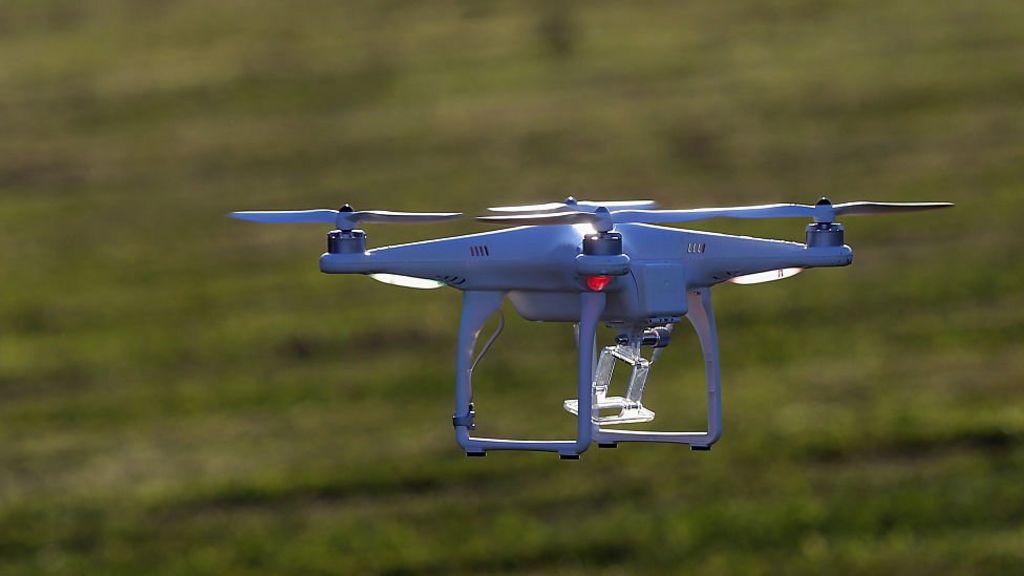Drone Maker DJI In Cyber-security Row Over Bug Bounty

 Image copyright
Getty Images
Image copyright
Getty Images
Drone maker DJI has accused a cyber-security researcher of hacking its servers.
Kevin Finisterre claims that he accessed confidential customer data after finding a private key publicly posted on code-sharing site Github.
He approached the firm, which offers a "bug bounty" reward of up to $30,000 (£23,000) for security weaknesses discovered in its systems.
DJI said the server access was "unauthorised".
The data Mr Finisterre was able to see included "unencrypted flight logs, passports, drivers licences and identification cards", he said.
Despite initially offering him the money, in a statement DJI has now accused Mr Finisterre of refusing to agree to the terms of its bug bounty programme "which are designed to protect confidential data and allow time for analysis and resolution of a vulnerability before it is publicly disclosed".
It added: "DJI takes data security extremely seriously, and will continue to improve its products thanks to researchers who responsibly discover and disclose issues that may affect the security of DJI user data and DJI's products."
It added that it would continue to pay bug bounties in exchange for reports.
Mr Finisterre, an independent security researcher, said DJI tried to make him sign a non-disclosure agreement.
He also published an email from DJI telling him that security issues with servers were included in the bug bounty programme.
He said it was almost a month after he sent his report before the full terms were shared with him, and that he believed they "posed a direct conflict of interest to many things including my freedom of speech".
One of the clauses stated that he could not publicly disclose his research without written consent from DJI, according to emails from the firm he has published in his report.
Typically, security researchers will share their findings with a company, give the firm a time frame in which to fix identified bugs, and then publish their work.
The bug bounty scheme is offered by many large tech firms as an incentive for people to share security weaknesses rather than exploit them.
Cyber-security expert Prof Alan Woodward from Surrey University said DJI's actions were "outrageous".
"Cyber-security is one of those areas where there is no government organisation or central body or standards agency holding these people to account. It's ethical hackers and security researchers," he said.
"The public has a right to know when there's a security problem."
From Chip War To Cloud War: The Next Frontier In Global Tech Competition
The global chip war, characterized by intense competition among nations and corporations for supremacy in semiconductor ... Read more
The High Stakes Of Tech Regulation: Security Risks And Market Dynamics
The influence of tech giants in the global economy continues to grow, raising crucial questions about how to balance sec... Read more
The Tyranny Of Instagram Interiors: Why It's Time To Break Free From Algorithm-Driven Aesthetics
Instagram has become a dominant force in shaping interior design trends, offering a seemingly endless stream of inspirat... Read more
The Data Crunch In AI: Strategies For Sustainability
Exploring solutions to the imminent exhaustion of internet data for AI training.As the artificial intelligence (AI) indu... Read more
Google Abandons Four-Year Effort To Remove Cookies From Chrome Browser
After four years of dedicated effort, Google has decided to abandon its plan to remove third-party cookies from its Chro... Read more
LinkedIn Embraces AI And Gamification To Drive User Engagement And Revenue
In an effort to tackle slowing revenue growth and enhance user engagement, LinkedIn is turning to artificial intelligenc... Read more

